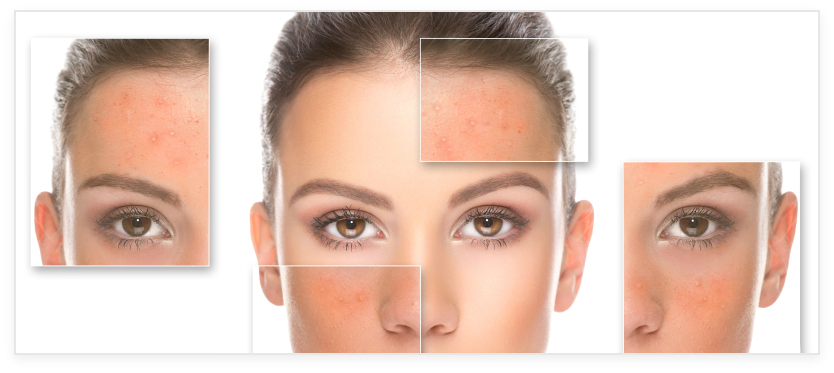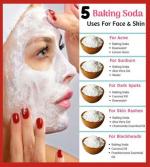- Home
- Anti-Aging Treatment
- Citric Acid for Skin Care
Citric Acid for Skin Care Treatments
an important anti-aging skin care ingredient
The consensus among skin care experts and Dermatologists is that a vitamin C is an essential component of beneficial rejuvenation routines.
Clinical information on citric acid for skin care treatments focuses on vitamin C which is
considered to be a very powerful
antioxidant that not only stimulates collagen production
but contains the skin damaging activities of free radicals.
Consequently, citric acid can actually improve the health of skin cells which in turn promotes healing and the ability of the skin to protect itself against a variety of harmful environmental factors.
A win-win for any anti-aging skin care routine!
Consequently, citric acid for skin care treatments can actually improve the health of skin cells which in turn promotes healing and the ability of the skin to protect itself against a variety of harmful environmental factors.
citric acid is an intrinsic property found in a wide array of fruits and vegetables which helps to protect the skin from damaging free radical activity
Citrus fruits such as lemons, limes, oranges and grapefruits are the most common source of citric acid. Citric acid for skin care, a natural antioxidant, can effectively treat those nasty age spots. In the skin care industry, citric acid is also used for its astringent and skin lightening properties.
Antioxidants are a very important component of any anti-aging skin care regimen because they help to neutralize skin damaging free radicals. Free radicals and their adverse impact on collagen and elastin increase significantly when skin cells are least healthy.
Taking care of your skin to ensure healthy skin cells combined with the
power of an antioxidant actually diminishes
the damage caused by free
radical activity which in turn can help prevent further
signs of aging.
Unfortunately, citric acid for skin care treatments reveals that vitamin C is not as
shelve stable as other active anti-aging ingredients. Typically, skin care products containing a significant concentration of
vitamin C need to be stored so that it is not subjected to air or
sunlight and is usually sold in containers that are opaque to ensure
that the potency of the vitamin C remains strong.
Vitamin C as an anti-aging treatment accomplishes a variety of rejuvenating effects including:
- Increasing collagen production
- Significant antioxidant healing properties
- Reduces fine lines and wrinkles
- Minimizes the appearance of scars
It is important to look for Vitamin C Ester when checking the listing of product ingredients to ensure that it contains a stable version of Vitamin C Ester, Ascorbyl Palmitate.
A word of caution when using citric acid for skin care!
Do not layer vitamin C with a copper peptide product as the combination will nullify the effect of both treatments.
If you choose to incorporate both of these skin rejuvenation treatments
into your daily skin care regimen, simply use them at a different time
of day.
L-Ascorbic Acid is also widely considered to be an effective form of vitamin C which the skin can absorb in a stable version of 5% concentration. L-Ascorbic Acid is often used in conjunction with hyaluronic acid to assist in effective absorption.
Ascorbyl Palmitate is the most stable, absorbable version of Vitamin C
Be sure to visit the skin care shop to view all anti-aging skin care treatments grouped in categories for specific aging skin conditions or by active facial rejuvenation ingredient.










